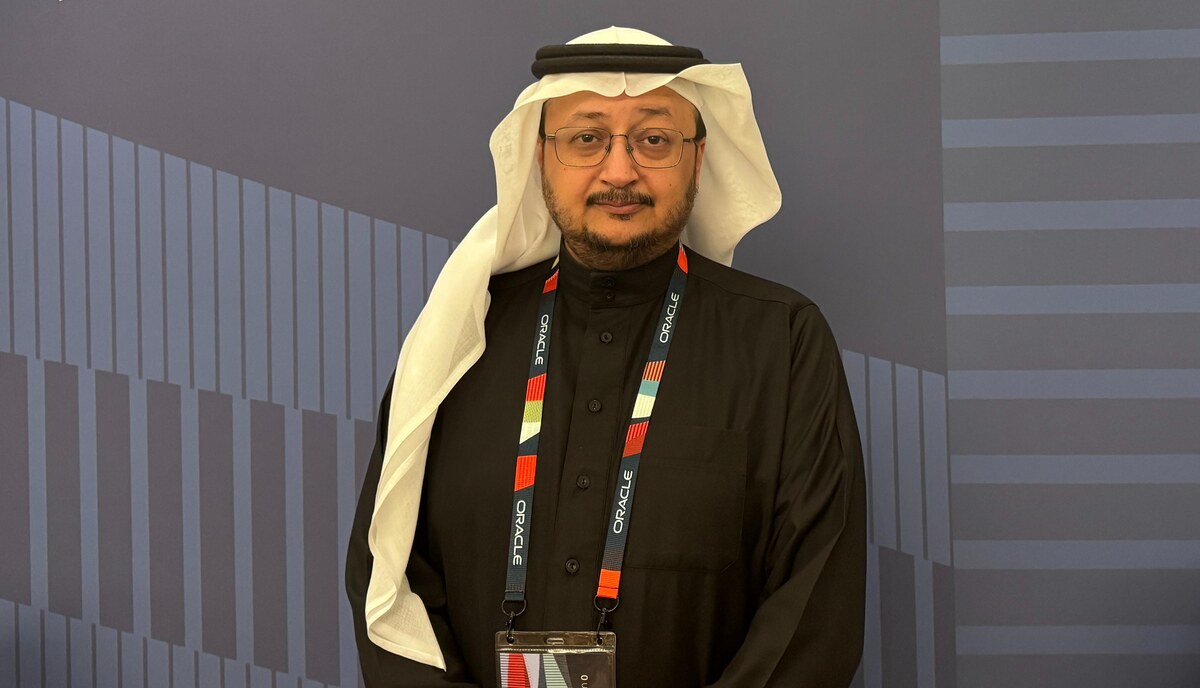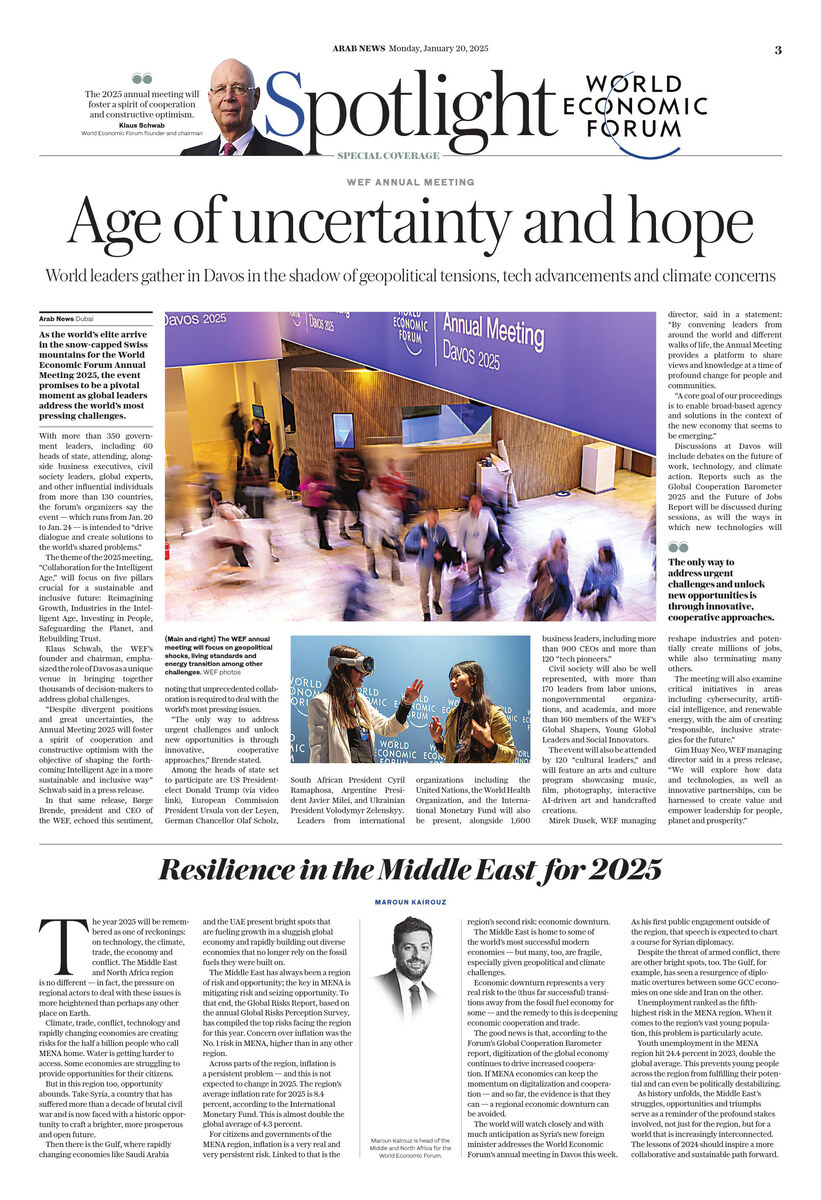RIYADH: A new platform designed to help governments monitor and manage drought risks has been launched by the World Bank at COP16 in Riyadh, as concerns over the global impact of water scarcity grows.
The Drought Risk and Resilience Assessment aims to strengthen decision-making frameworks and governance to help tackle this growing issue.
The platform is designed to provide governments with tools to better understand droughts, create mechanisms for ongoing action, and anticipate and manage future risks.
It comes after Saudi Arabia used COP16 to announce the Riyadh Global Drought Resilience Partnership, which aims to provide early warning systems, training, and capacity building for 80 countries most vulnerable to a lack of water.
Speaking at the meeting of the Convention to Combat Desertification, the World Bank’s Global Director of Water Saroj Kumar Jha said his institution’s platform will be “built on international best practices,” harnessing expertise from governments, scientists, and practitioners.
“Droughts do not occur suddenly but develop gradually over time,” he said. “What is important is that we need a system by which different parts of the government are able to collect the data.”
Jha added that most developing countries lack national drought monitors to systematically collect data on factors such as soil, crops, water, rainfall, temperature, humidity, and weather.
He emphasized that establishing these monitors would become a key focus area moving forward.
Osama Faqeeha, Saudi Arabia’s deputy minister of environment, highlighted the global urgency of addressing droughts, noting that projections suggest more than half of the world’s population could face water scarcity in the coming decades.
He pointed to the increasing spread of droughts to new regions, particularly Latin America, where 35 percent is now exposed to the phenomenon.
“What the outlook is telling us is that maybe this number is expected to double or even more,” Faqeeha said. He also warned about the economic and social consequences of drought, including its impact on food prices, migration, and economic stability.
The deputy minister also emphasized that 80 percent of the impact of water scarcity falls on agricultural communities, particularly small-scale farmers. He called for more global action to combat drought, underscoring that Saudi Arabia has long relied on innovative approaches to water management.
“We have to realize that 90 percent of freshwater is in soil, not in the rivers, not in the lakes — it’s in the soil, and when drought hits, the soil dries and life is taken away from it,” Faqeeha said, adding that every dollar put in resilience and preparedness saves $5 to $10 from the response.
Global call to action
Speakers at COP16 emphasized the interconnected nature of the crisis and the urgent need for collaborative solutions.
Valerie Hickey, global environment director at the World Bank, highlighted the economic toll of environmental degradation, saying: “Globally, since 1995, the world has lost 20 percent of its natural capital per capita,” she said, adding that land degradation alone costs the global economy 10 percent of its gross domestic product annually.
The Kingdom’s efforts to tackle the issue also align with broader environmental goals, including its Saudi and Middle East Green Initiatives, which aim to combat desertification and expand vegetation cover.
Ayman Ghulam, CEO of the National Center of Meteorology, elaborated on Saudi Arabia’s proactive response to the challenges posed by sand and dust storms, which are worsening due to climate change.
These include a dedicated regional center focusing on monitoring and mitigating the effects of storms, while the Climate Change Center addresses broader environmental impacts.
The cloud seeding program, another critical initiative, works to enhance rainfall and combat aridity, supporting water resource management and reducing the vulnerability of affected areas.
“These efforts demonstrate the Kingdom’s commitment to sustainable development, environmental conservation and addressing the challenges of climate change and sand and dust storms, and drought and land degradation,” Ghulam said.
Faqeeha urged global stakeholders to act decisively. “The time to act is now,” he said, emphasizing that resilience requires partnerships across governments, NGOs, and the private sector.
By fostering collaboration and leveraging innovative solutions, the initiatives announced at COP16 aim to address one of the most pressing global challenges.






































